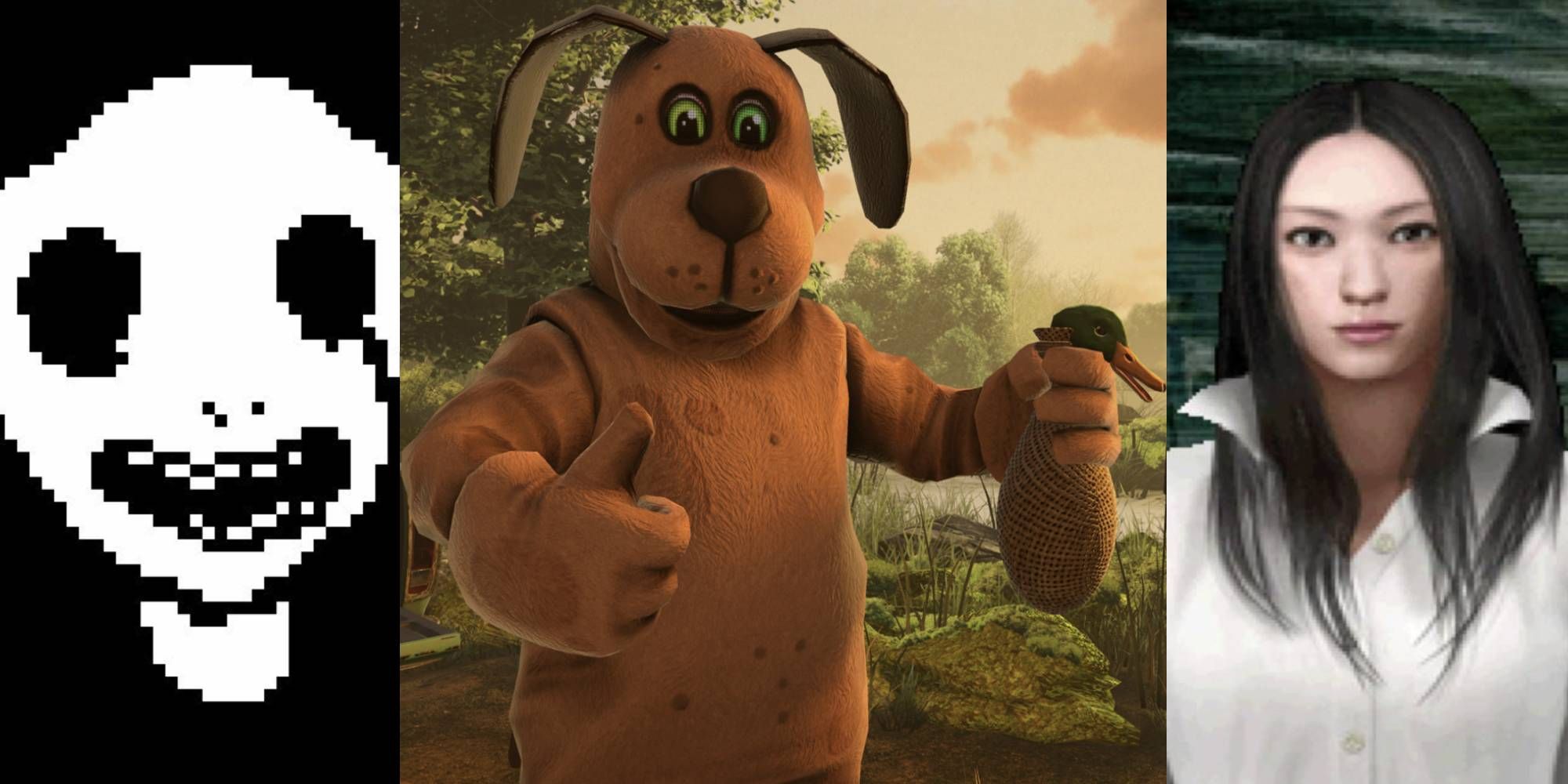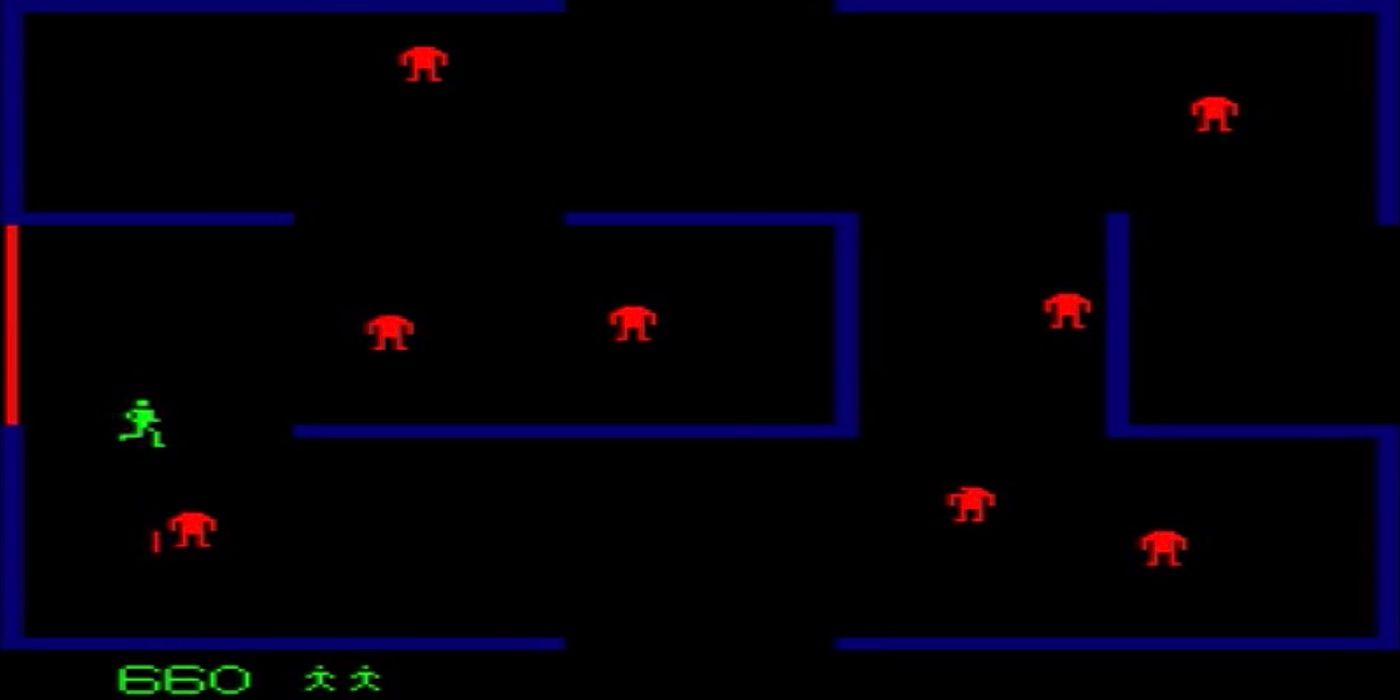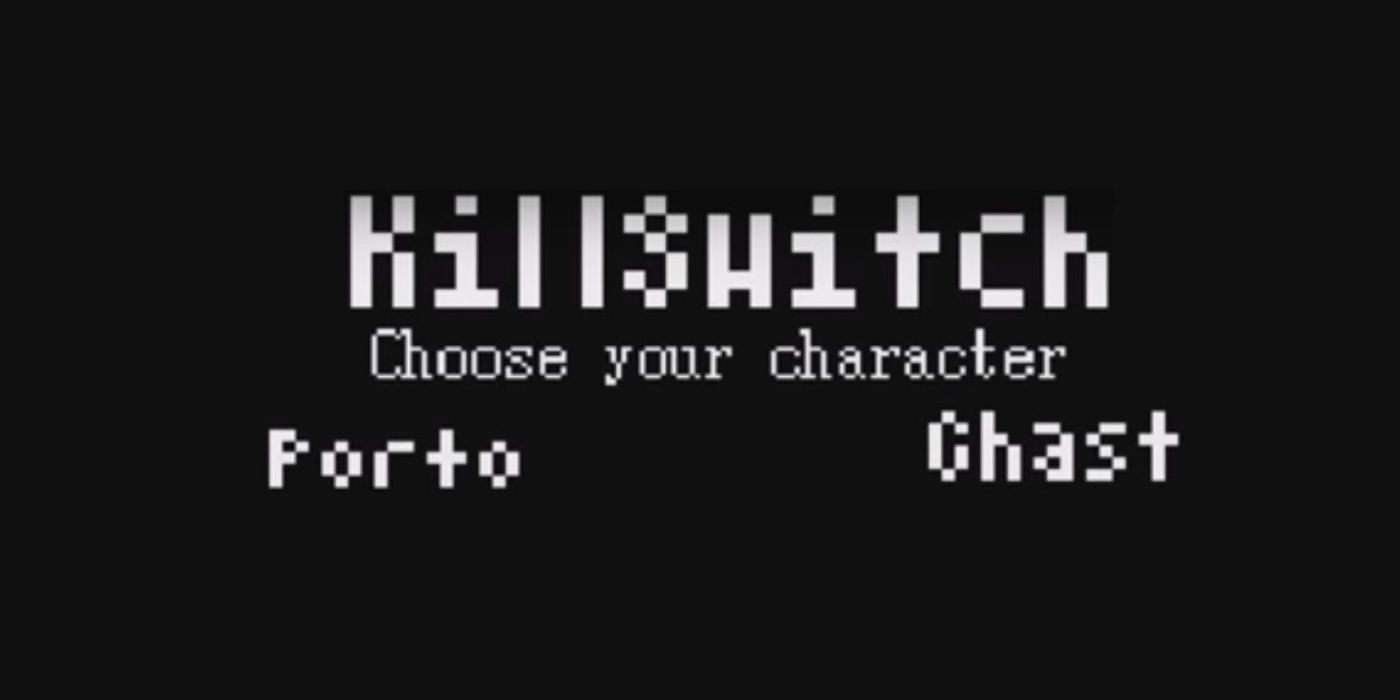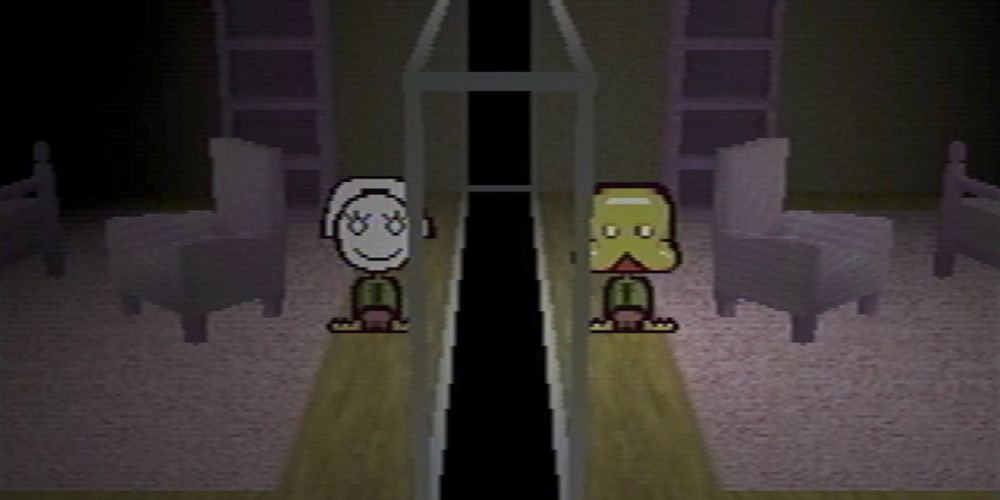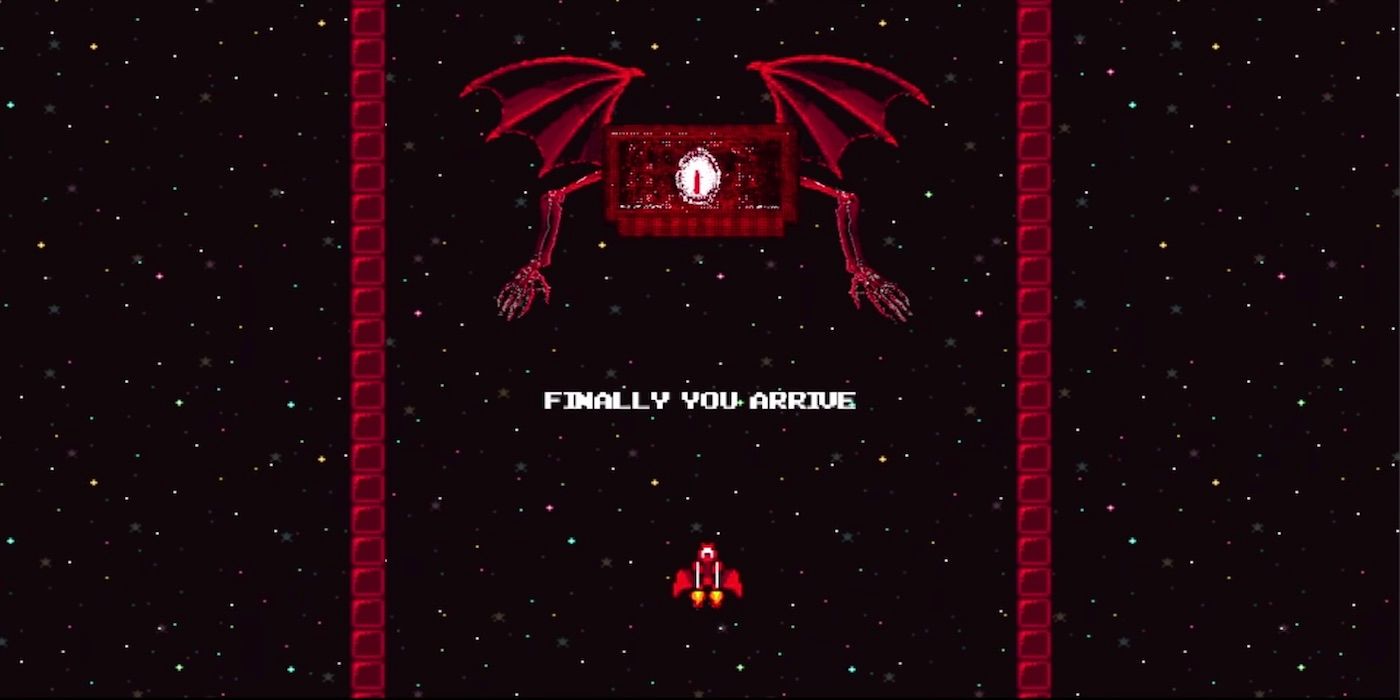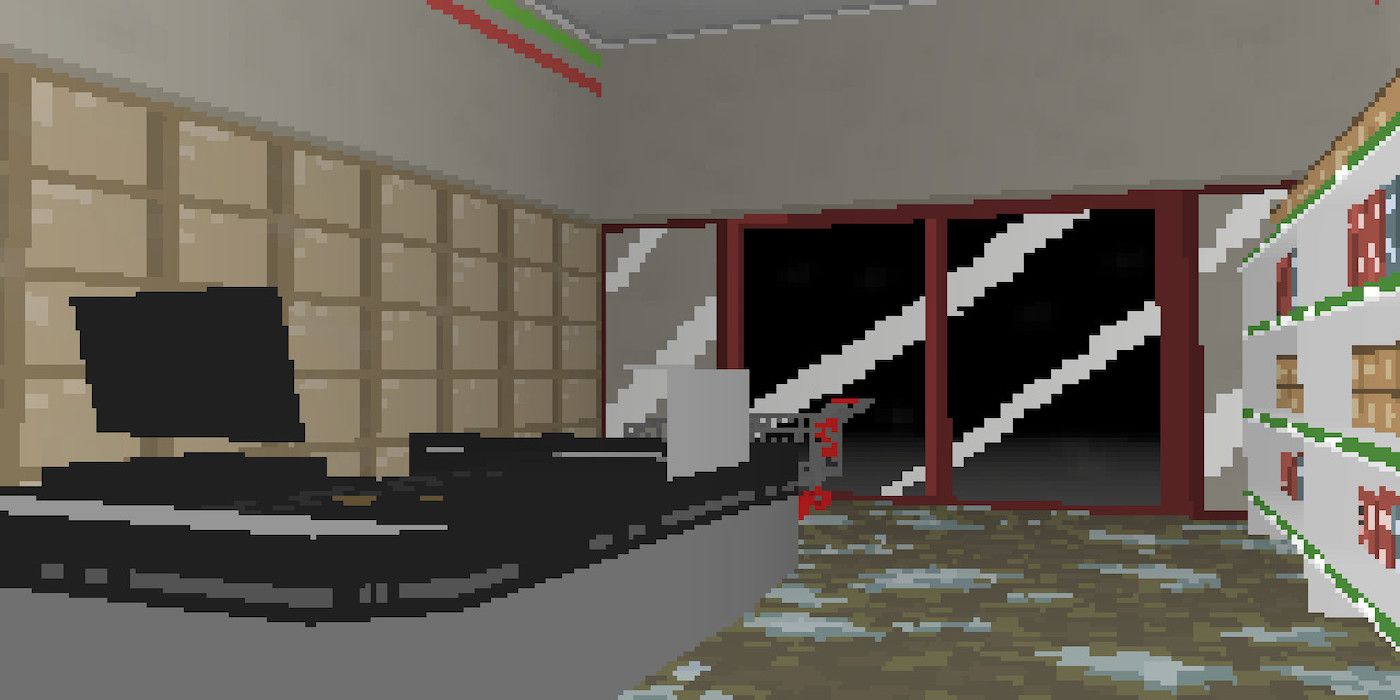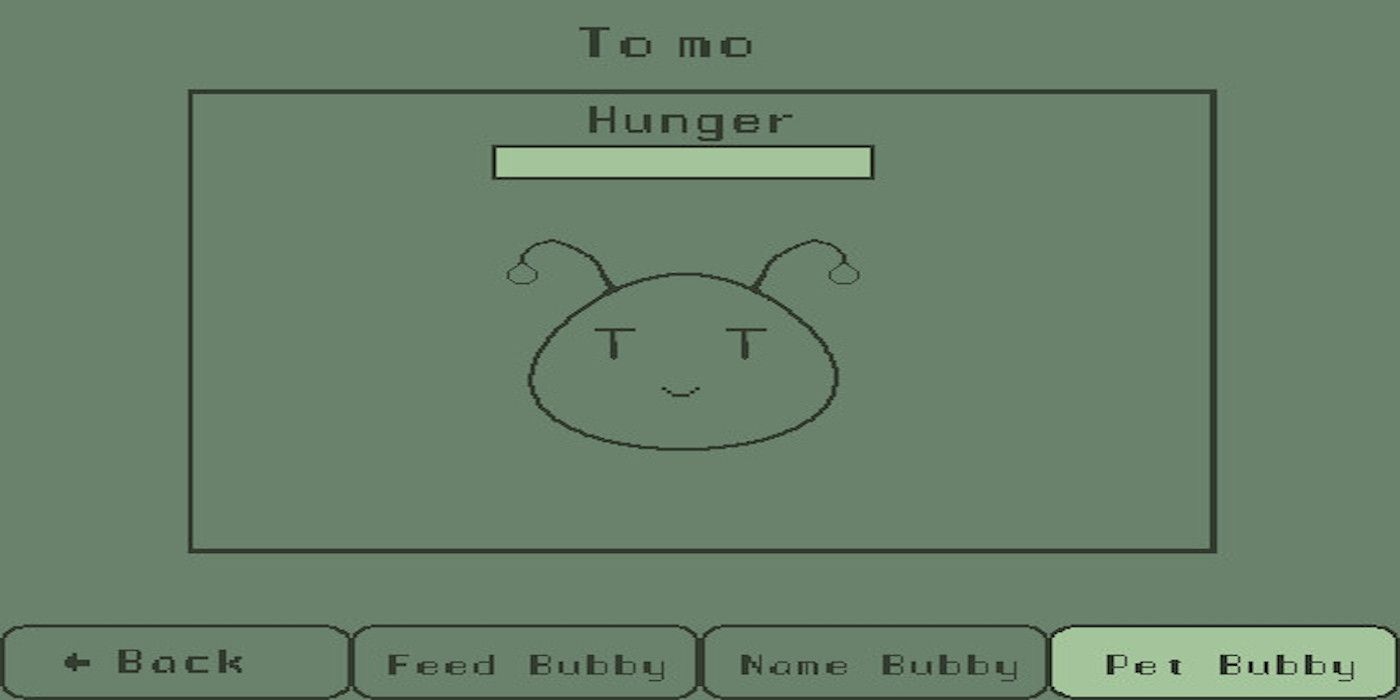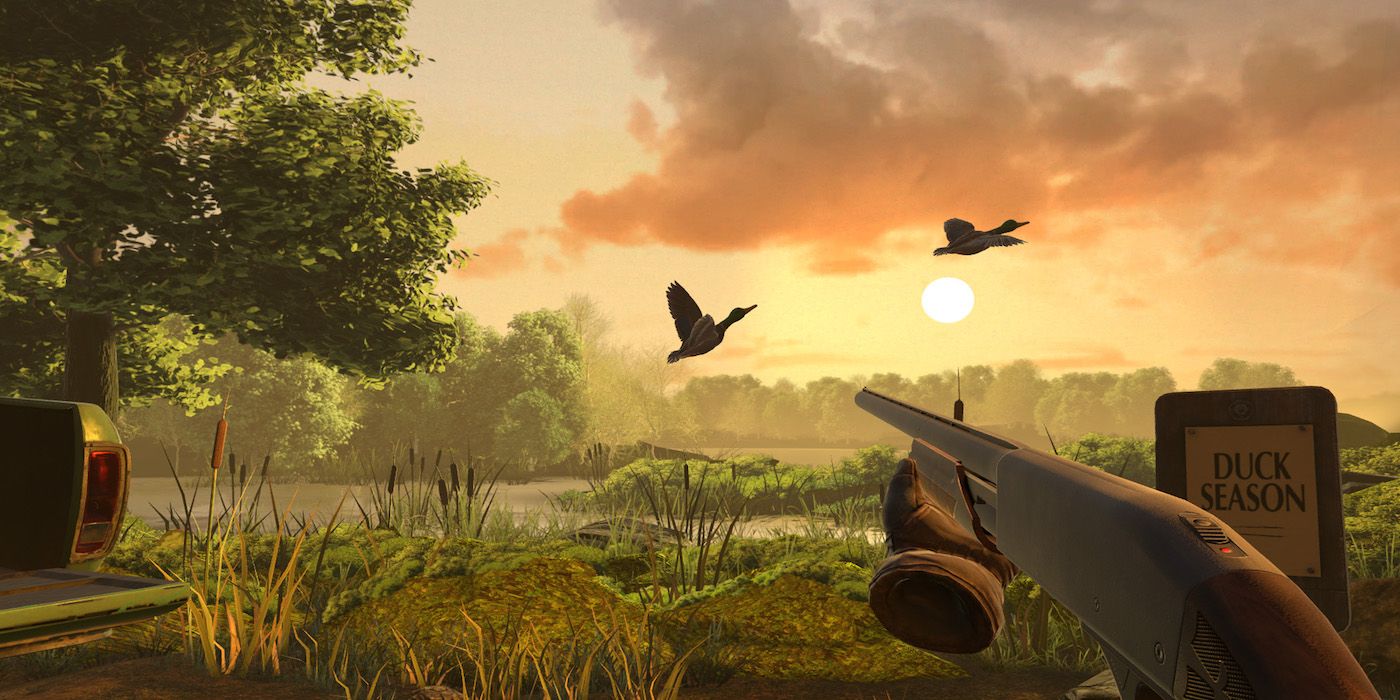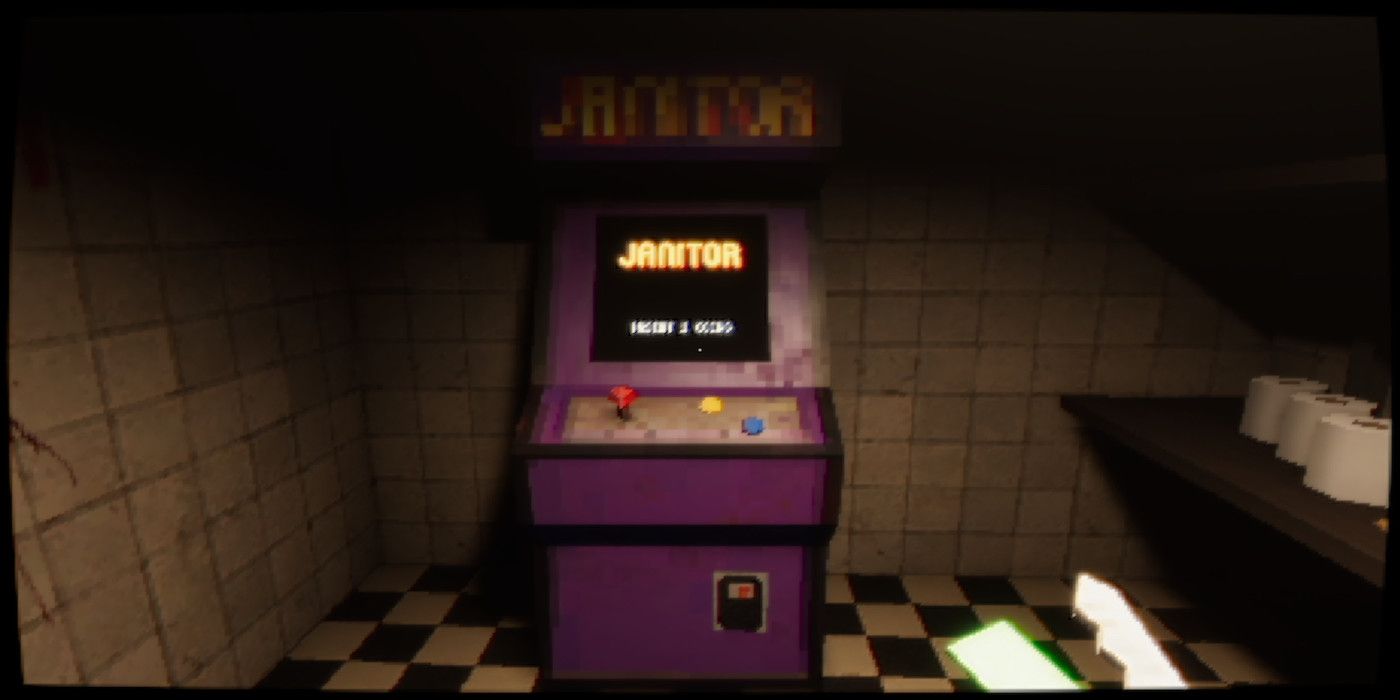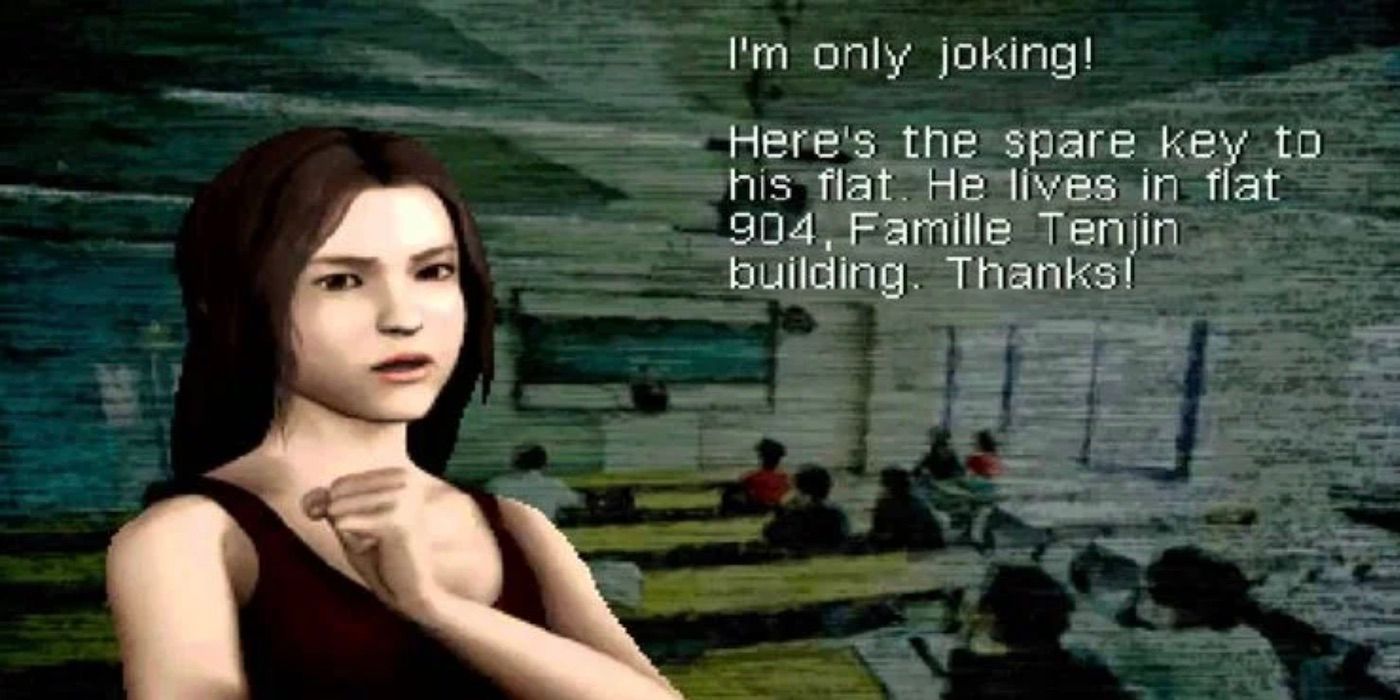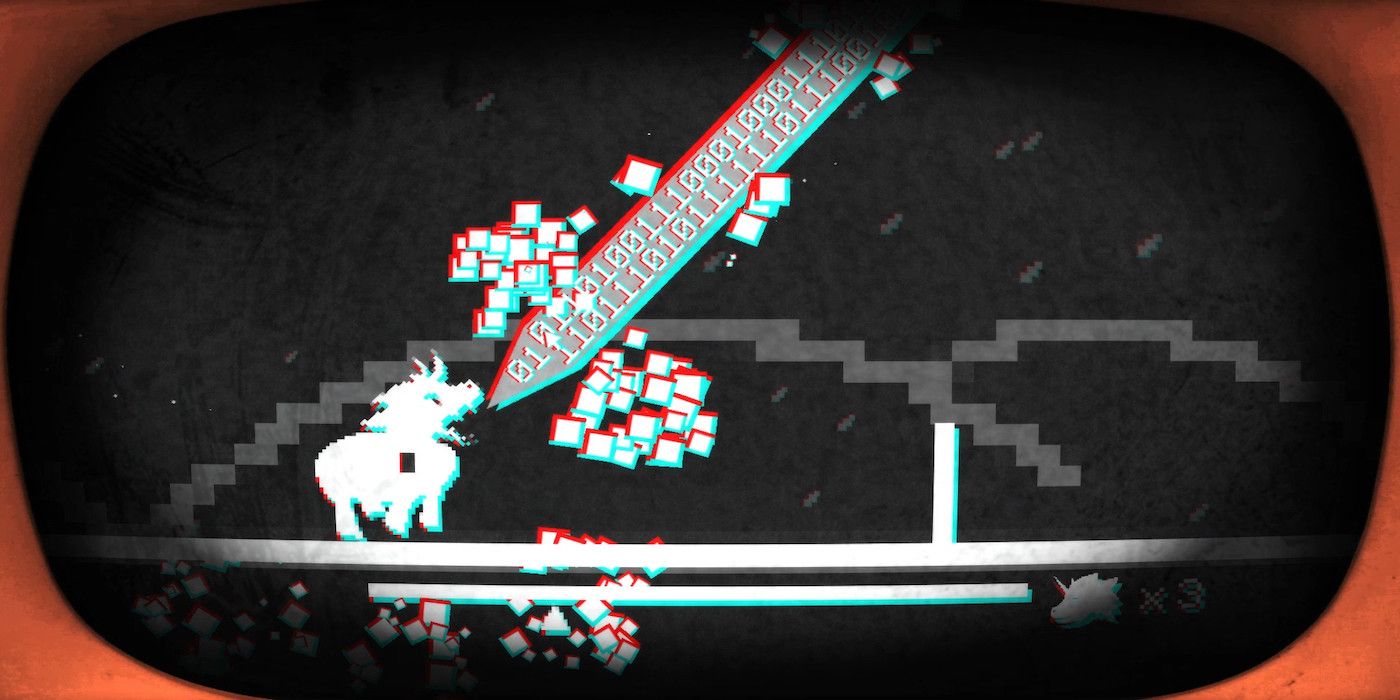Like with any new technology, many people reacted with fear when video games first started becoming mainstream, which led to multiple myths and urban legends about "evil" games. From government conspiracies like Polybius to claims that Pokémon promotes satanism, the early decades of gaming were filled with plenty of tall tales that were especially fueled by the sketchiness of Atari and the Satanic panic.
While these myths have been debunked and most early fears about the medium have dissipated, the idea of a game being "cursed" has continued to inspire urban legends and deliberate fictional backstories for horror titles.
Berzerk
Inspired by American science fiction author Fred Saberhagen's Berserker novel series, Berzerk is a 1980 arcade multidirectional shooter maze game and one of the first games to use speech synthesis, which was incredibly expensive at the time. As a human stick figure, the player runs through the maze, kills robots, and avoids an indestructible smiley face known as "Evil Otto."
Besides the talking robots, the game is also known for spawning one of the first video game urban legends that inspired other well-known myths like Polybius and "Lavender Town Syndrome." According to the legend, if the player managed to reach a certain level, Evil Otto would kill them in real life. This story originated from the fact that two people did coincidentally die around the arcade machine. According to articles from the Chicago Tribune, one died because they had heart problems and the other was stabbed during an altercation.
KillSwitch
Although Berzerk is a real game that people can still play to this day, KillSwitch is an urban legend that, like Polybius, doesn't seem to actually exist. According to Kotaku, the legend states that KillSwitch was a 1989 survival horror game released by Karvina Corporation that allowed players to either control either a human woman, Porto, or an invisible demon, Ghast. Similar to the Flash game One Chance, the game could only be played once, and only 5,000 copies were released.
After Porto wakes up in an abandoned mine, she and Ghast must solve puzzles, fight various creatures, and uncover the dark history surrounding the mine. While the game became a popular myth and multiple fan-games were made, this fictional tale actually originated from The Melancholy of Mechagirl, a collection of poems and short stories by Catherynne M. Valente.
Petscop
Beginning in 2017, Petscop was an episodic YouTube web series about a young man named Paul who discovers the titular unfinished PS1 game. After discovering a creepy area within the game, he decides to record himself playing and commentating through the game so that viewers could help him solve its mysteries. While Petscop begins as a cheery adventure about collecting strange creatures known as "pets," it slowly becomes apparent that something dark lies beneath the surface.
Viewers were originally unsure whether Petscop was real or not, but the series creator, Tony Domenico, finally revealed himself in 2019 after the series concluded with 24 episodes and a soundtrack video. Though it was all fictional, Petscop inspired other shows and games, and fans created their own fan-game recreation called Giftscop.
You Are NOT Playing The Game
Created for the 2021 A Game By Its Cover game jam on Itch.io, You Are NOT Playing The Game is a short free horror game that parodies the "cursed" game trope. When the unnamed protagonist tries to play a Famicom or NES cartridge, the game itself doesn't want to be played and eventually forces the player to become "the game" for the game's amusement.
Luckily, the game's creator, who was also trapped by the game, appears and gives the player the necessary materials to defeat the cursed cartridge. After successfully destroying it and escaping, the player and the creator play some video games together as the credits roll.
IMSCARED: A Pixelated Nightmare
One of the first meta-horror games is the 2012 fourth-wall-breaking IMSCARED: A Pixelated Nightmare, which was also re-released on Steam in 2016. Created by indie developer Ivan Zanotti, the surreal experience begins with the in-universe developer telling the player that the game will manipulate files on the computer and that they apologize for what's about to happen.
Eventually, it's revealed that one of the game's glitches has gained sentience and is now forcing the player to complete the game. To get through this nightmare, the player has to solve puzzles, talk to the glitch, restart the game multiple times, and regularly check the files on their computer. Since the game directly influences the player's computer, it's one of the best horror titles for making players feel defenseless.
Bubbaruka!
Bubbaruka! is a Tamagotchi-inspired horror game and possibly one of the best horror games released in 2021. Based on urban legends such as KillSwitch and Polybius, the player receives this originally lost game by email from their friend John. In this seemingly simple game, the player has to take care of their virtual pet, known as a "Bubbaruka," by feeding and interacting with them.
But as the player takes care of the three available Bubbarukas named Tomo, Miboo, and Flou, they slowly uncover why the game was never released to the public. Through haunting top-down and first-person segments, players will need to explore and solve puzzles to reveal the mysteries.
Duck Season
Originally released as a VR game in 2017 and later re-released for PC in 2019, Duck Season is a surreal horror game inspired by the NES classic Duck Hunt and other '80s staples. During the summer of 1988, the protagonist, a young boy, discovers that his mom has rented the latest popular game on the Gammon Kingbit Game System: Duck Season. Since the rental only lasts one day, the boy immediately begins playing it.
But as he plays the game and day creeps into night, he begins to realize that there's something wrong with it, specifically with the originally helpful dog. Depending on the player's choices, they will receive one of seven different endings.
Janitor Bleeds
Released on April 7 of this year, Janitor Bleeds is a PS1-styled horror game inspired by '90s arcades. After the protagonist's car crashes in a dark forest, they find themself called to an abandoned arcade building by a mysterious red light. Once inside, they discover a cursed arcade cabinet called "Janitor" that can manipulate reality.
To make it through this alive, the player must play through the retro game because the in-game puzzles and items affect the real world. But the player has to remain vigilant because a monster could appear behind them at any moment.
Nanashi no Game
Inspired by the 1998 Japanese horror film Ringu and published by Square Enix, Nanashi no Game, translated as The Nameless Game in English, is a 2008 first-person survival horror game for the Nintendo DS. Within the in-game world, rumors have been circulating about a cursed 2D 8-bit RPG called Nanashi no Game for the TS handheld console that kills the player if they don't beat it after seven days. Although it's a Japanese horror game never officially translated into English, there's a complete English fan translation.
Taking on the role of a college student, the player receives the cursed game from their friend Odaka. While the protagonist doesn't believe the legend at first, they soon discover that both Odaka and his girlfriend, Riko, are dead after playing the game. Now the player must navigate through the cursed RPG and the "real-life" 3D exploration segments to uncover the truth behind the curse and prevent the protagonist's death.
Pony Island
Created by Daniel Mullins, who would later develop the popular horror game Inscryption, Pony Island is a 2016 meta-horror game where the player is forced to interact with an arcade cabinet called Pony Island. Although the game initially seems to be a cute endless runner where the player is a cute pony, it's quickly revealed that it has been corrupted by Lucifer, who is using it to steal the player's soul.
Luckily, one of the previous victims is helping the player hack the game so that they can defeat Lucifer and save the other trapped souls. Between the various running segments, the player will also have to manipulate the game's code in order to progress.

